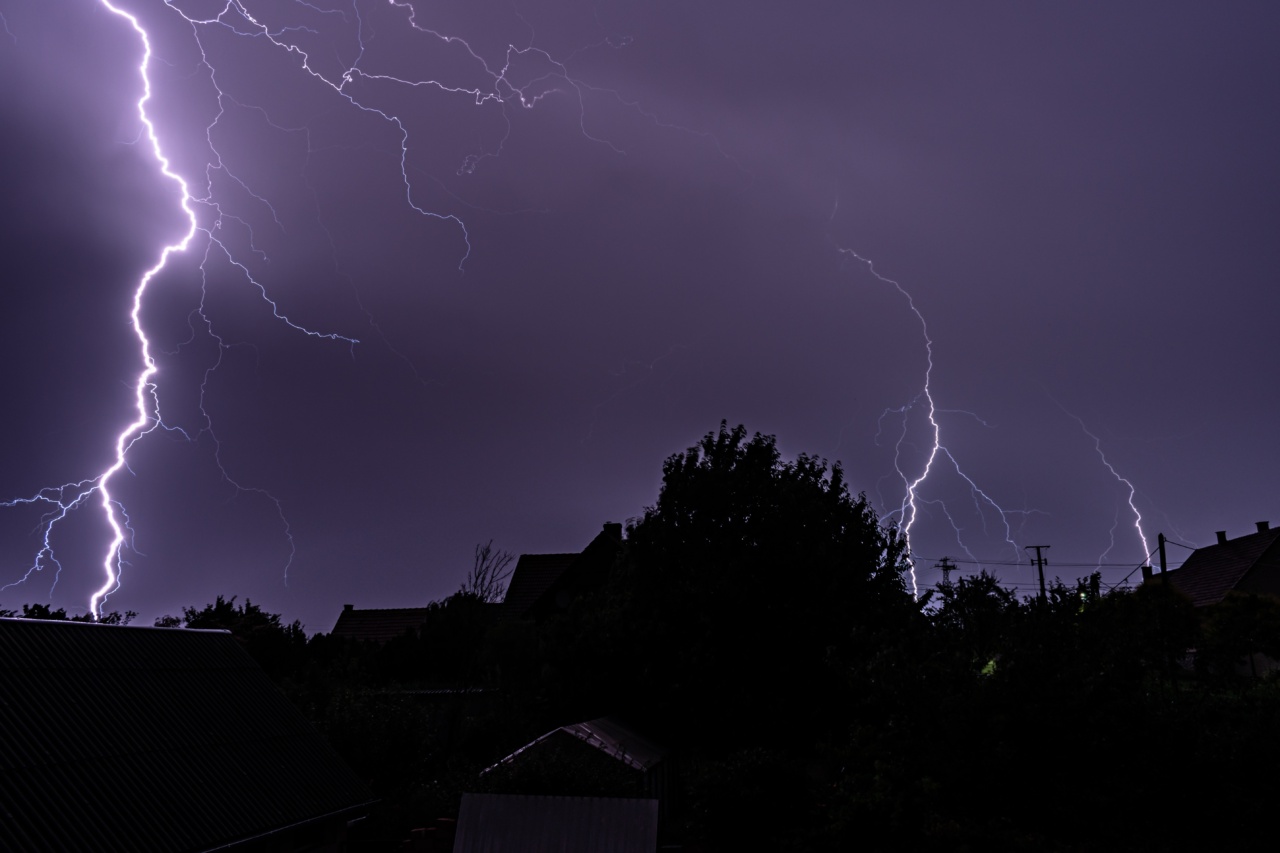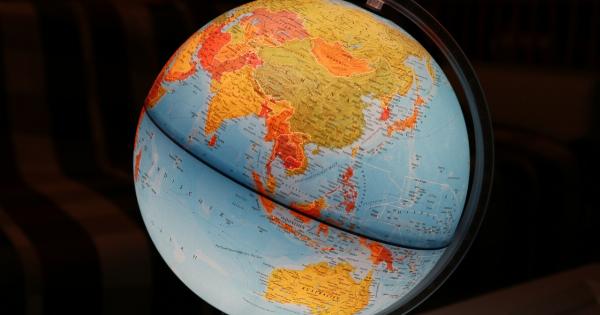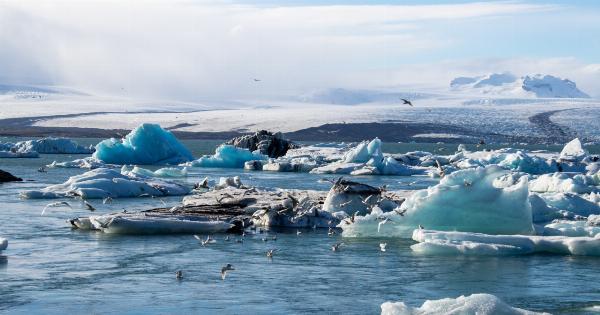Climate change is one of the most pressing issues facing our planet today.
The effects of global warming have become increasingly evident in recent years, with rising temperatures, melting ice caps, and extreme weather events becoming more frequent and severe. While the impacts of climate change are already being felt, the next decade is critical in determining the extent of the consequences and the actions needed to mitigate them.
1. The Accelerating Pace of Global Warming
One of the most significant dangers of climate change in the next decade is the accelerating pace of global warming.
Scientists have long warned that the Earth’s average temperature must remain below a 2 degrees Celsius increase compared to pre-industrial levels to avoid catastrophic consequences. However, current emission levels and lack of sufficient actions put us on track for a potentially devastating 3 to 4 degrees Celsius increase by the end of the century.
2. Sea Level Rise and Coastal Vulnerability
Rising temperatures contribute to the melting of glaciers and ice sheets, leading to sea-level rise.
Many coastal regions and low-lying areas, including major cities like New York, Tokyo, and Mumbai, are at risk of being submerged or experiencing frequent flooding. The consequences would be disastrous, displacing millions of people and exacerbating socioeconomic inequalities.
3. Increased Frequency and Intensity of Extreme Weather Events
Climate change is causing a rise in extreme weather events, including hurricanes, droughts, and heatwaves. These events not only endanger human lives but also result in significant economic losses.
The next decade is expected to see an increase in the frequency and intensity of such events, further straining our ability to adapt and recover.
4. Threat to Biodiversity and Ecosystem Collapse
The Earth’s ecosystems are intricately connected, and even small disturbances can have far-reaching consequences. Climate change poses a significant threat to biodiversity and ecosystem health.
Rising temperatures, variations in precipitation patterns, and habitat degradation put numerous plant and animal species at risk of extinction. This loss of biodiversity not only disrupts natural ecosystems but also undermines the services they provide, such as pollination and water purification.
5. Human Health Hazards and Disease Outbreaks
Climate change also poses a direct threat to human health. Heatwaves, air pollution, and the spread of vector-borne diseases such as malaria and dengue fever are all linked to climate change.
The next decade could witness an increase in these health hazards, particularly in vulnerable populations lacking access to adequate healthcare and sufficient resources to adapt.
6. Disruption of Food Production and Water Resources
Changing climatic conditions affect agricultural productivity and freshwater availability. Extreme weather events, such as droughts and floods, can destroy crops and livestock, leading to food shortages and price instability.
Additionally, altered precipitation patterns can impact the availability of freshwater resources, worsening water scarcity in already water-stressed regions.
7. Socioeconomic Impacts and Displacement
The looming danger of climate change in the next decade also includes significant socioeconomic impacts.
Displaced populations due to rising sea levels, extreme weather, and ecosystem changes may lead to increased conflicts over resources and mass migration. These challenges further strain existing infrastructures, governance systems, and humanitarian aid capacities.
8. National Security and Geopolitical Instabilities
The consequences of climate change extend beyond environmental and socioeconomic impacts. Shifts in climate patterns can exacerbate existing geopolitical tensions and lead to conflicts over resources, migration routes, and land.
Competition for dwindling resources, especially in regions already facing political instability, can further heighten tensions and threaten global peace and security.
9. The Urgency of Global Cooperation and Policy Action
Addressing the dangers of climate change in the next decade requires global cooperation and immediate policy action. International agreements, such as the Paris Agreement, aim to limit global warming and reduce greenhouse gas emissions.
However, greater commitment and ambitious targets are needed to avert the most severe consequences of climate change.
10. The Role of Individuals in Mitigating Climate Change
While government actions are crucial, individual efforts also play a significant role in mitigating climate change.
Adopting sustainable practices, such as reducing energy consumption, transitioning to renewable energy sources, and promoting eco-friendly lifestyles, can contribute to a collective impact. Each person’s choices and actions can make a difference in ensuring a sustainable future for our planet.





























